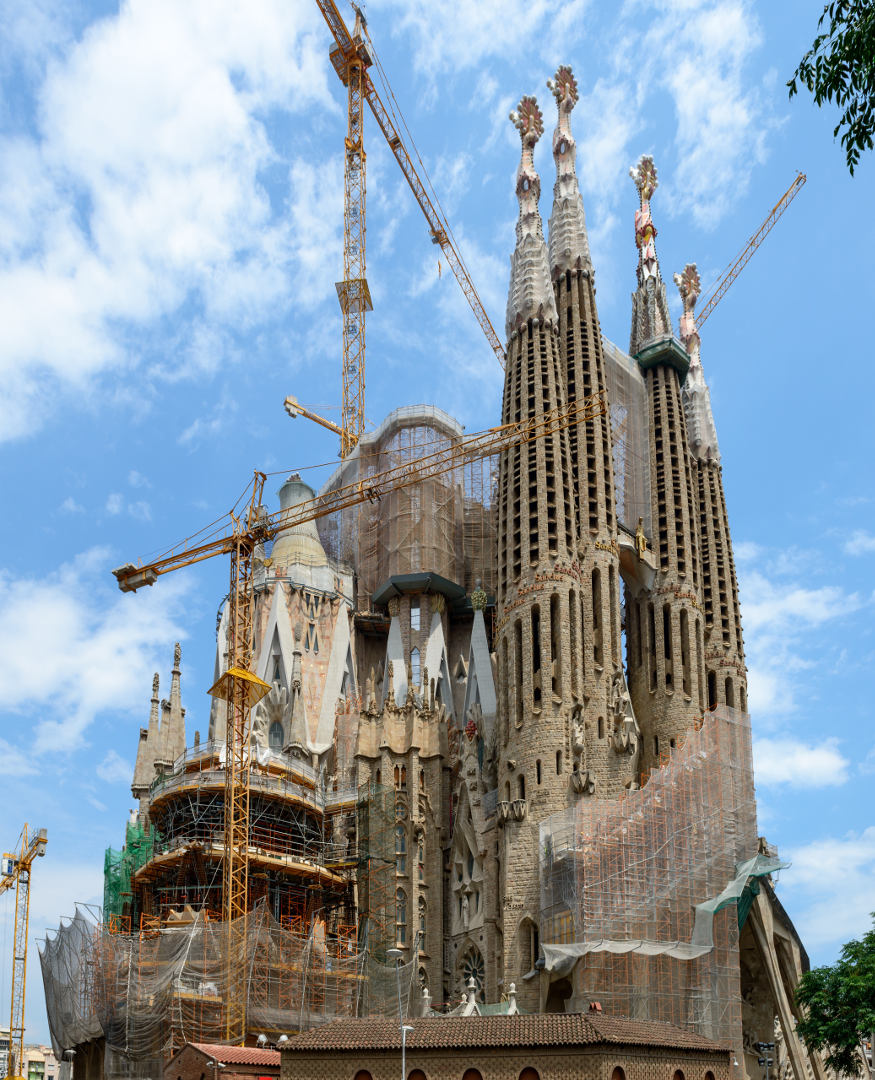 Poverty is a complex issue. It may be easier to figure out how to support life on Mars than end poverty. Or at least we are willing to put far more resources into it.
Poverty is a complex issue. It may be easier to figure out how to support life on Mars than end poverty. Or at least we are willing to put far more resources into it.
One challenge is that many people are looking for a cheap and quick way to fix it. Peg Harmon, CEO of Catholic Community Services of Southern Arizona, says it is akin to giving someone 10% of an antibiotic prescription and hoping it cures the infection. It doesn’t, and in fact makes the bacteria more resistant.
I’m reading Linda Kohanov’s Power of the Herd: A Non-Predatory Approach to Social Intelligence, Leadership, and Innovation, and she writes about the concept of “cathedral building.” Cathedrals are started by people who know they will not live to see the end of their project, but they start them nonetheless. Kohanov describes the famous Sagrada Familia in Barcelona, Spain. The first stone was laid on March 19, 1882, and 135 years later a key cornerstone was laid, marking 70% completion. Here is Linda Kohanov’s wisdom on cathedral building:
“Whether you’re building a church, a business, or a mandate for social change, cathedral thinking presupposes that the vision you initiate must be handed over to others, that everyone involved will be laboring on faith at times, that people will share their most innovative ideas and tools, that the plans will change, that the blueprints may even be lost, and that the most important part of your job will be to inspire, to every neophyte who joins your team, reverence for a precept you will never see completed.”
How do we balance that with the incredible sense of urgency to do something NOW? To use the oft-quoted analogy, do we pluck the babies out of the stream or run upriver to stop whoever is tossing them into this life-threatening situation in the first place?
Whichever our strategy, Kohanov goes on to describe the need for “multigenerational thinking [that] demands that we use our human resources wiser.” She goes on to say, “We must take care of each other to bring out the best in each other.”
If we are going to reduce, even end, poverty, we need to find a way to hold the dual reins of addressing the urgency of now while undertaking the task of cathedral building. And while we are taking on this reverential work, to be sure we are taking care of ourselves and bringing out the best in each other.
Desmond Tutu said, “Do your little bit of good where you are; it’s those little bits of good that, put together, overwhelm the world.” Maybe that is what we are doing—adding our bits together in this larger vision of a more equitable, healthier, and more loving community.
More from Bonnie Bazata in this video
Bonnie Bazata is the Ending Poverty Now program manager in Pima County, Arizona.








